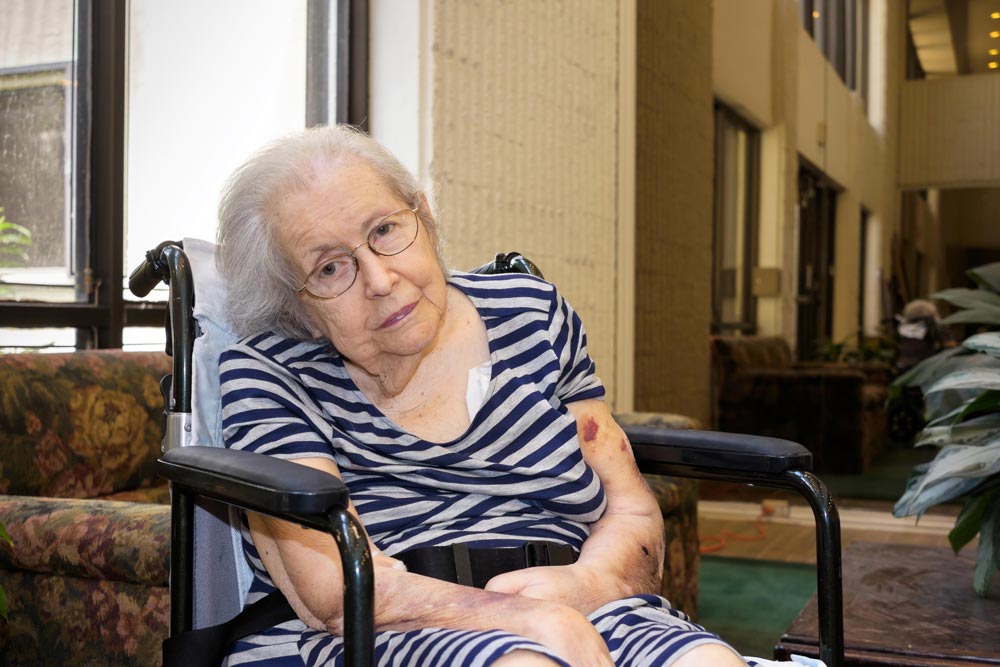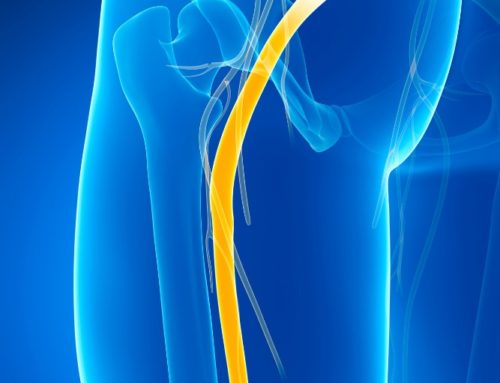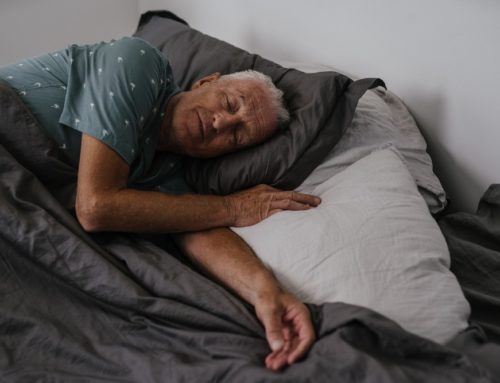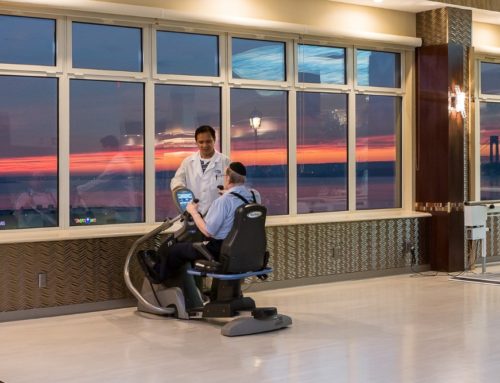Regaining your speech after a stroke is a top priority for anyone in this unfortunate position. One of the after-effects of a stroke is speech impairment or complete loss of speech. However, there is hope for all patients no matter how severely they are affected.
The good news is that many patients recover their language and communication skills. Though the speed and extent to which they do so will vary enormously from case to case. Recovering your speech after a stroke is not automatic. It requires patience, resilience and the help of a trained speech therapist or speech pathologist.
Haym Salomon Home for Nursing & Rehabilitation in Brooklyn has years of experience helping people recover their speech after a stroke. The home has skilled speech therapy staff on hand to treat speech and swallowing disorders. The first step is to determine the precise cause of the disability. Then the Home’s speech therapists work with family members and staff to devise an individualized treatment plan.

What is speech therapy for adults?
Speech therapy is a valuable part of stroke recovery and can be a great confidence booster. Regular language therapy sessions can lead to greater and faster improvements.
Speech therapy for adults may be done in different ways, depending on the individual case. Therapy can take place in groups or in one-to-one sessions. A calm and friendly setting is important, and no patient should try and do too much in one go. However, the sooner speech therapists get involved, the quicker patients tend to regain their speech.
While speech therapy may not cure all speech disabilities, in most cases it is hugely beneficial. It can set patients on the track to recovering their speech after a stroke. Re-learning how to talk can be hugely frustrating for stroke sufferers. Patience and understanding by caregivers, family and friends is vital.
How does a stroke affect speech?
A stroke disrupts the blood supply to the brain, causing various degrees of brain damage. People who have suffered a stroke on their left side are more prone to loss of speech. This is because the language function resides in the left hemisphere of our brains.
A significant proportion of people who have a stroke develop aphasia. This means they have difficulty with talking, understanding, reading and writing. One type of aphasia is when the patient knows what they want to say but cannot communicate it.
Meanwhile, a neurologist can perhaps tell precisely where the stroke occurred. This can affect the kind of speech problems a stroke sufferer has. Knowing what you are up against is the first step towards regaining your speech after a stroke.
How can you improve your speech after a stroke?
Getting immediate help from a speech therapist can greatly improve your chances of regaining your speech after a stroke. The therapist can help you re-learn how to talk and retrain your brain to control your speech.
The therapy relies on neuroplasticity which allows your brain to form new neural pathways. This is achieved through practice, almost as if you are learning a new language in the classroom. Basically, the healthy parts of the brain are trained to take over the language function.
Speech therapy exercises help you rewire the brain and learn how to talk again. For instance, if you have muscle impairment around the mouth and tongue, certain exercises can help improve your speech. Repetition helps you find the right words and get better at communicating.
How long does it take to recover speech after a stroke?
Everything depends on the severity of the stroke and the person’s medical history. Recovering from a stroke requires patience, expert care, and commitment. Speech is not the only thing you may lose after a stroke. You may also lose cognitive, motor and sensory skills temporarily or permanently.
Specialized stroke rehabilitation programs are designed to help you recover all these skills as well as speech. The aim is to make you as independent as possible. Haym Salomon Home has the dedicated staff and experience to help stroke sufferers regain their speech after a stroke.
This content comprises informative and educational resources only and can not be considered as a substitute for professional health or medical guidance. Reliance on any information provided in this article is solely at your own risk. If you have any inquiries or apprehensions about your medical condition or health goals, talk with a licensed physician or healthcare provider.






Leave A Comment